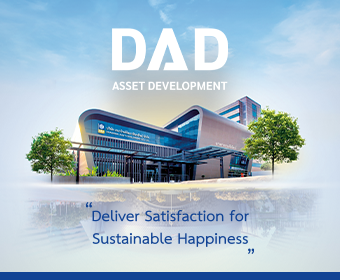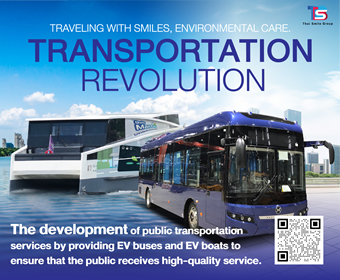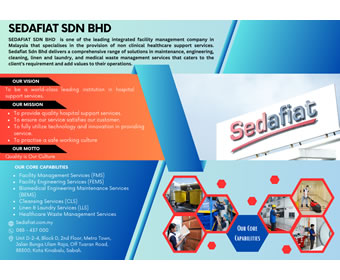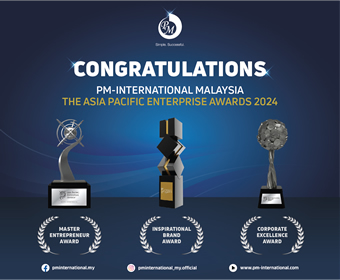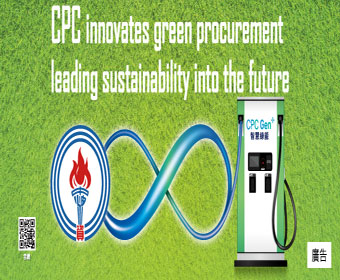Malaysia has significant potential to become a regional hub for regional hub for electric vehicle (EV) manufacturing in ASEAN, especially with its 40-year history in automotive production since 1983 and its strong semiconductor cluster.
Having that in mind, Deputy Minister of Investment, Trade and Industry Liew Chin Tong said that the country aims to foster greater integration between the automotive and semiconductor industries, with the goal of becoming hub for designing chips specifically for the automotive sector.
“We (Malaysia) are the 6th largest exporter of semiconductor products in the world. While we may not have a homegrown brand, we play a very big role especially in the backend,” he pointed out.
He shared that on his visit to Detroit in the United States last year, US Secretary of Commerce Gina M. Raimondo remarked in a meeting that when Malaysia when into lockdown during the COVID-19 pandemic, automotive factories in Detroit were forced to shut down.
“This is because the chips they relied on came from Malaysia and some semiconductor companies in Malaysia contributed substantially to global automotive chips. Therefore, when talking about automotive industry, especially the electrification of mobility, it is important that we do not work in silos or focus solely on individual verticals.
“I would like to see this industry cross in the horizontal manner, (fostering the) creation of new products, integrated circuit designs and automotive chips that are proudly Malaysian. This will enable is to not only export automotive parts but also automotive chips,” he added.
At the same time, Liew said the other aspiration is to reduce the overall national consumption of petroleum through the electrification of mobility as the country stands as the 21st largest net importer of petroleum.
“I encourage you to think boldly and offer new ideas to help us explore different approaches so that electrification becomes not just a business opportunity for manufacturers, but a national agenda aimed at reducing overall petrol consumption,” e said.
The government set a target for EVs to make up 20% of the total industry volume (TIV) by 2030, 50% by 2040 and 80% by 2050.
“While it looks ambitious especially given that we are starting from a low base, the International Energy Agency’s annual Global EV Outlook highlights some key trends – EVs made up just 2% of the TIV globally in 2018.
“By 2022, this had risen to 14% of TIV globally and by 2023, it reached 18%. Therefore, achieving 20% of TIV by 2030 is not a far-fetched target, but it will require a lot of concerted effort. It will require us to be bold and think outside the box,” he added.
At the same time, the country also has great potential in the downstream rare earth elements (REE) industry as a super magnet-producing country, in support for the growth of the EV manufacturing industry.
Regarding this, Natural Resources and Environmental Sustainability Minister Nik Nazmi Nik Ahmad said the latest REE roadmap covers the entire supply chain including the upstream, midstream and downstream stages to assess the total ecosystem for the REE industry.
“The ecosystem needs a local intermediate industry for processing REE raw materials in the form of rare earth carbonates that are produced by local mines,” he pointed out.
BMW in talks with govt and local partners over EV assembly
Meanwhile, BMW Group Malaysia is currently engaging with the government and local partners on its plan to locally assemble its EV units, aligning with the tax exemption for EV owners until the end of 2025.
BMW Group senior vice-president of sales in the Asia Pacific, Eastern Europe, Middle East and Africa regions, Jean-Philippe Parain, however, emphasised that the plan requires long-term planning for its transition.
“Based on my experience with the company, once the government reduces the subsidy, the choice of electromobility has been reduced. In South Korea, as soon as the subsidy was reduced, the number of people choosing EVs also declined and the situation can also be seen in Europe,” he said.
Furthermore, the managing director Benjamin Nagel said the company is currently in partnership with government entities and local partners to discuss EV battery recycling.
The post Malaysia Poised to Become Hub for ASEAN’s EV Production first appeared on Energy Asia.




